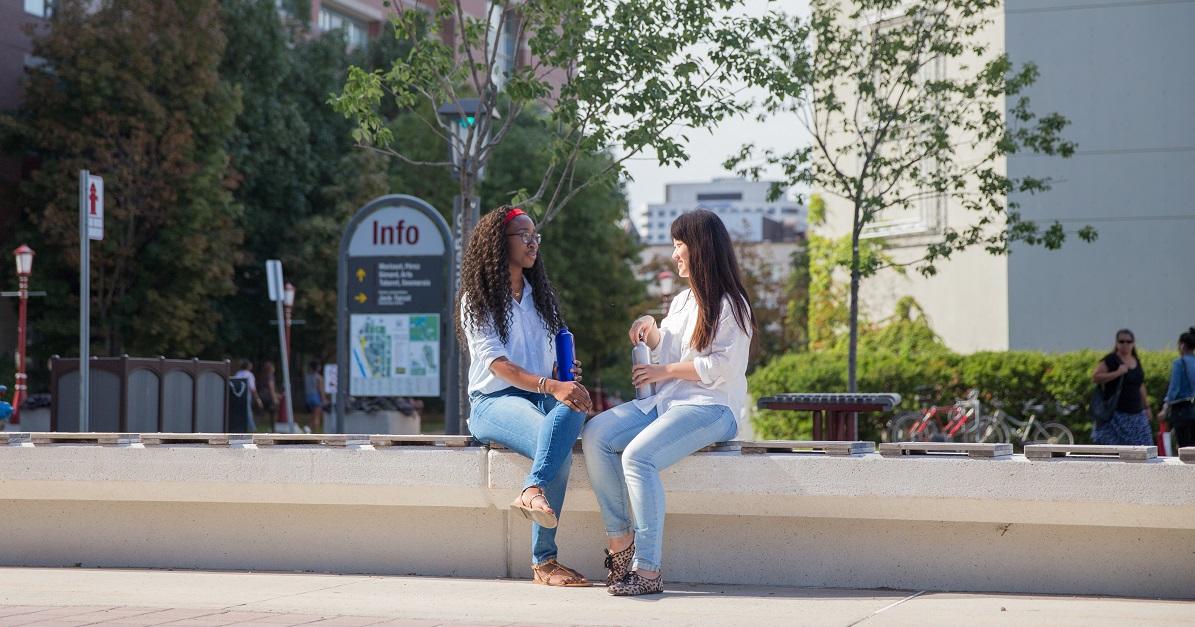By Brandon Gillet
The University of Ottawa believes that students have a more fruitful experience when they feel a sense of belonging. That’s why Student Academic Success Service (SASS) mentors and a regional mentoring program are there to help students integrate smoothly into life on campus and in Ottawa.
As well, for the past four years, the University has offered something extra for students far from home, the Buddy Program.
“The program works on a volunteer basis. It provides support to international and exchange students by matching them with upper-year domestic or international students, based on certain criteria,” said program lead Irene Xia Zhou.
The program is more informal than the faculty and service mentoring programs: Pairs of volunteer students can decide for themselves how best to help their international peers. It’s a formula that’s been very popular. In 2014, the program started with only 100 domestic and 100 international students. Today, it has grown to include a staggering 1,000 participants.
Matchmaker, make me a match
Participating students are matched based on criteria such as level of study, gender, fitness, food preferences, interests and language, says program coordinator Brenna Czajkowski. The program is working on a database to improve match quality. Domestic students are given a training session at the beginning of the year to learn about all the useful services international students use and about what they might experience.
Mutually beneficial
Fourth year political science and public administration student Samah Zkiou volunteered after doing a summer exchange in the Netherlands. Knowing how helpful it is to have a friend when you go to a new country, she thought the program was a great idea.
Zkiou says she usually helps her buddy with day to day issues in getting used to student life in Canada and finding extra assistance when needed.
“If I can help them with something practical like giving them a sleeping bag for a weekend to go camping or if they need other stuff for a limited time, I try to provide it to them so they don’t need to buy them,” she said. “I also spend time studying with them or getting dinner together, though we did those activities more at the beginning of the school year.”
“The program made the transition easier and I was able to meet new people because of it,” said Alexandre Saguès, international student from France studying political science.
But it’s not just the international buddy who benefits. Upper-year participants gain a valuable volunteer opportunity that enriches their student experience and life after graduation. The International Office provides students with letters certifying their participation, which they can add to their CV. However, due to the informal nature of the meetings between volunteers and international buddies, only the hours spent in training can be added to the Co-curricular Record issued through the Michaëlle Jean Centre for Global and Community Engagement.
Learn more about the Buddy Program.
